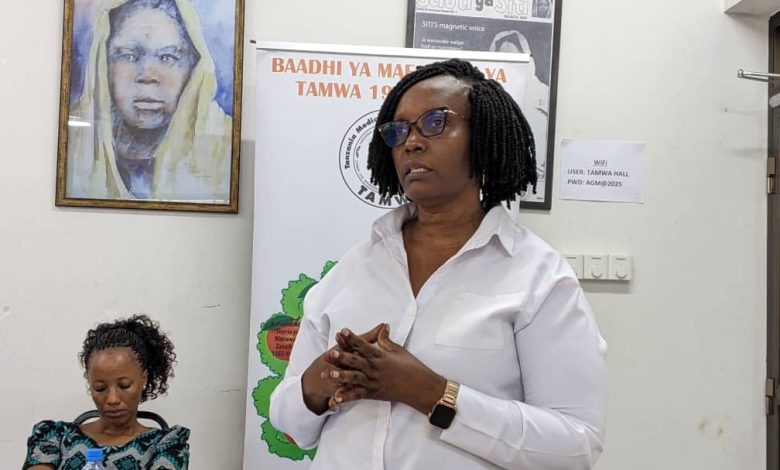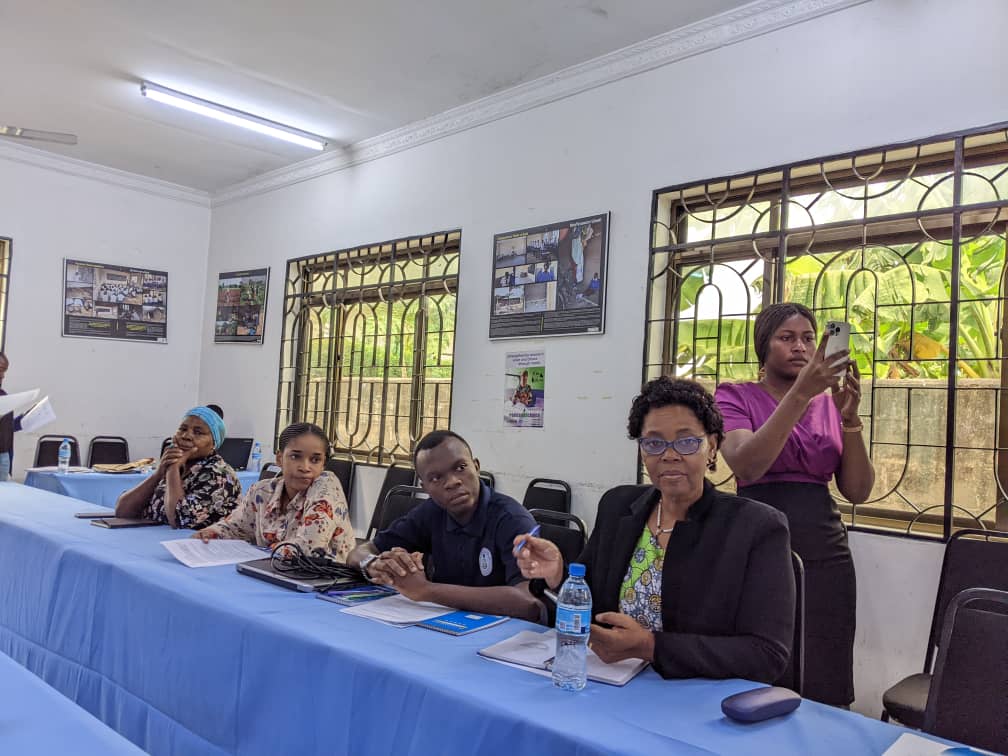TAMWA launches beekeeping project in Kibaha

KIBAHA: TANZANIA Tanzania Media Women’s Association (TAMWA) has launched a new beekeeping project at Msufini village, Kibaha District, Coast Region to boost community income and promoting environmental conservation amid the challenges of climate change.
Speaking during a special training session for TAMWA members on beekeeping, the association’s Executive Director, Dr. Rose Reuben, said the project aims to provide residents of Msufini with a sustainable, safe, and environmentally friendly source of income.
“We plan to install 200 beehives in the first phase. Beyond boosting family incomes, this project will contribute to environmental protection through the use of bees in forests and gardens. It is time to integrate employment, the environment, and public health in a unified approach,” she said.
According to 2023 statistics, Tanzania produces only 20 tonnes of honey annually, a quantity that does not meet local demand. This gap has inspired TAMWA to invest in the beekeeping sector as both an economic and social solution.
Dr. Reuben further revealed that the organization has already begun forming partnerships with institutions such as the Tanzania Forest Services (TFS) to provide technical support and equipment.
“We continue to call upon donors to support this initiative to expand its reach and impact more beneficiaries,” she added.
The project is expected to officially roll out in August 2025, following the completion of initial training and the distribution of beehives and essential equipment to participants.
ALSO READ: New TAMWA chair vows to champion women’s empowerment
During the training, Beekeeping Officer Christina Samweli taught participants how to identify pure honey. “Pure honey can last up to two years without spoiling. You can test it by pouring water into a bottle and adding the honey. If it sinks, it’s pure. If it floats, it’s not,” she explained.

TAMWA’s Gender and Community Engagement Officer, Florence Majani, emphasized that the project aims to empower women and youth through self-employment, increase household incomes, and strengthen collaboration between communities and development organizations.
“This project brings multiple benefits — job creation, honey production, environmental protection, and the development of a knowledgeable society capable of using natural resources sustainably,” Majani noted.
For the people of Msufini, bees are no longer seen as a threat, but as a new hope for development.





